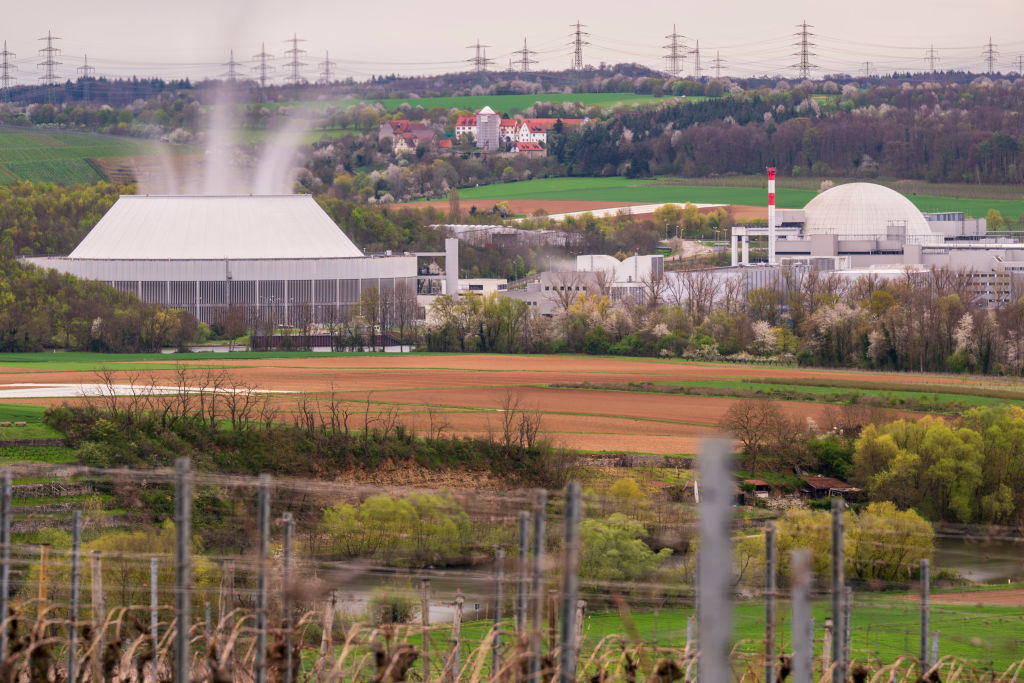Chinese companies are believed to have scammed the German taxpayer out of around €1 billion using the country’s own ‘green’ rules, a major economic research centre has claimed.
The German Institute for Economic Research (DIW) said it believed that dozens of Chinese companies faked their green credentials to receive grants from German companies, many of which are legally obliged by Berlin to fork over cash to green projects.
According to a December 10 report by public-service broadcaster ZDF, 66 Chinese projects have been approved by the German Government as ways for the country’s companies to meet their Upstream Emission Reduction (UER) targets.
These UERs allow German petrol and diesel firms to meet their emission reduction targets should they not be able to take enough climate-cutting measures themselves. Such costs, the DIW noted, were mostly borne by the average German motorist.
Of these 66 projects, 45 have been suspected due to alleged involvment in fraud and some or all of them may not be engaging in the green practices they initially claimed to be taking part in. Around €1bn is thought to have been moved from the German companies involved in the projects, according to DIW.
“If the suspicion of fraud is confirmed, then we would like to know where the money went. Every driver has then paid for fraud and nobody wants that,” DIW expert Stefan Gerwens told ZDF.
Dirk Messner, head of Germany’s Federal Environment Agency, has characterised the revelation as a “catastrophe”.
“I have actually never experienced anything like this,” he said.
Germany’s opposition parties have now blamed the country’s Greens party for the scandal, with Federal Environment Minister Steffi Lemke taking particular fire over the issue.
“She did not make control and clarification a top priority from the start,” Christian Democrat politician Anja Weisgerber said, characterising the revelation as “one of the biggest environmental scandals in the Federal Republic”.
Chinese companies are regularly suspected of skirting, abusing or ignoring environmental and safety laws in Europe.
A report in 2023 found that much of the so-called “biodiesel” being imported by Europe from the Communist state could be fake, with the green label being applied to the fuel so the imports could benefit from extra subsidies.
Experts initially twigged the scandal when the country started to produce more “green” fuel than thought to be physically possible, prompting investigations.
Officials in Beijing have expressed their displeasure after the European Union imposed new tariffs on imported Chinese biodiesel. https://t.co/yc6FhpxkSY
— Brussels Signal (@brusselssignal) July 25, 2024





